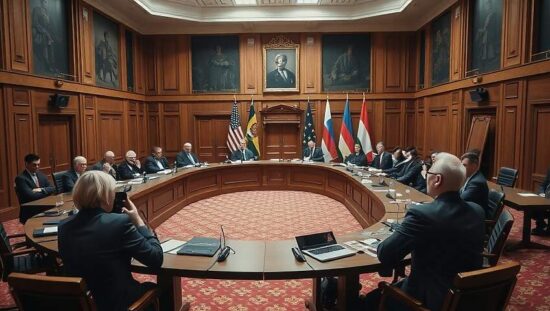The European Council’s summit in Brussels concluded Thursday with a significant pushback against the European Commission’s ambitious climate action agenda, signaling a potential shift in the EU’s approach to emissions reduction and raising questions about the bloc’s commitment to its climate targets. Heads of state and government have formally requested the Commission to undertake a comprehensive review of several key climate measures, revealing deep-seated concerns among member states fearing economic repercussions.
The most immediate point of contention revolves around the implementation of the second Emissions Trading System (ETS-2), slated to apply to the building and transport sectors starting in 2027. A growing number of member states, currently lacking a CO2 pricing mechanism in these sectors, have voiced strong resistance, citing concerns about potentially drastic price increases for consumers at the gas pump and for heating fuels. The Council’s statement demands the Commission address “all relevant aspects” for a revision, essentially opening the door to a delayed or softened rollout of the system. This represents a potentially significant concession to these nations and risks undermining the overall effectiveness of the EU’s emissions reduction strategy.
Beyond ETS-2, the leaders also expressed a desire to leverage “credits” earned through carbon reductions in other countries to meet the EU’s 2040 climate target. This reliance on external offsets, while potentially easing the immediate burden on European economies, has drawn criticism from environmental groups who argue it avoids genuine domestic action and could be used to mask a lack of internal progress. The move also raises questions about the EU’s influence and leverage in securing meaningful reductions in non-European nations.
Furthermore, the Council pressed the Commission to expedite a revision of the proposed CO2 fleet emission standards for new vehicles. The current regulations, aiming for a complete phase-out of new petrol and diesel cars by 2035, are now under scrutiny, with leaders demanding a consideration of “technological neutrality”. This pushback reflects concerns that the strict timeline is technologically infeasible for some manufacturers and could stifle innovation. Critics argue that the demand for technological neutrality could weaken the pivotal shift towards electric vehicles and perpetuate reliance on fossil fuel-powered technologies.
The Council’s demands signal a broader trend towards a more cautious and economically-focused approach to climate policy within the EU. While maintaining the facade of commitment to ambitious climate goals, the concerted effort to soften regulations and rely on external credits raises serious questions about the long-term viability and credibility of the EU’s climate leadership on the global stage. The ensuing revisions and the inevitable compromises, are likely to be fraught with political tension and will fundamentally shape the direction of the EU’s climate agenda.





